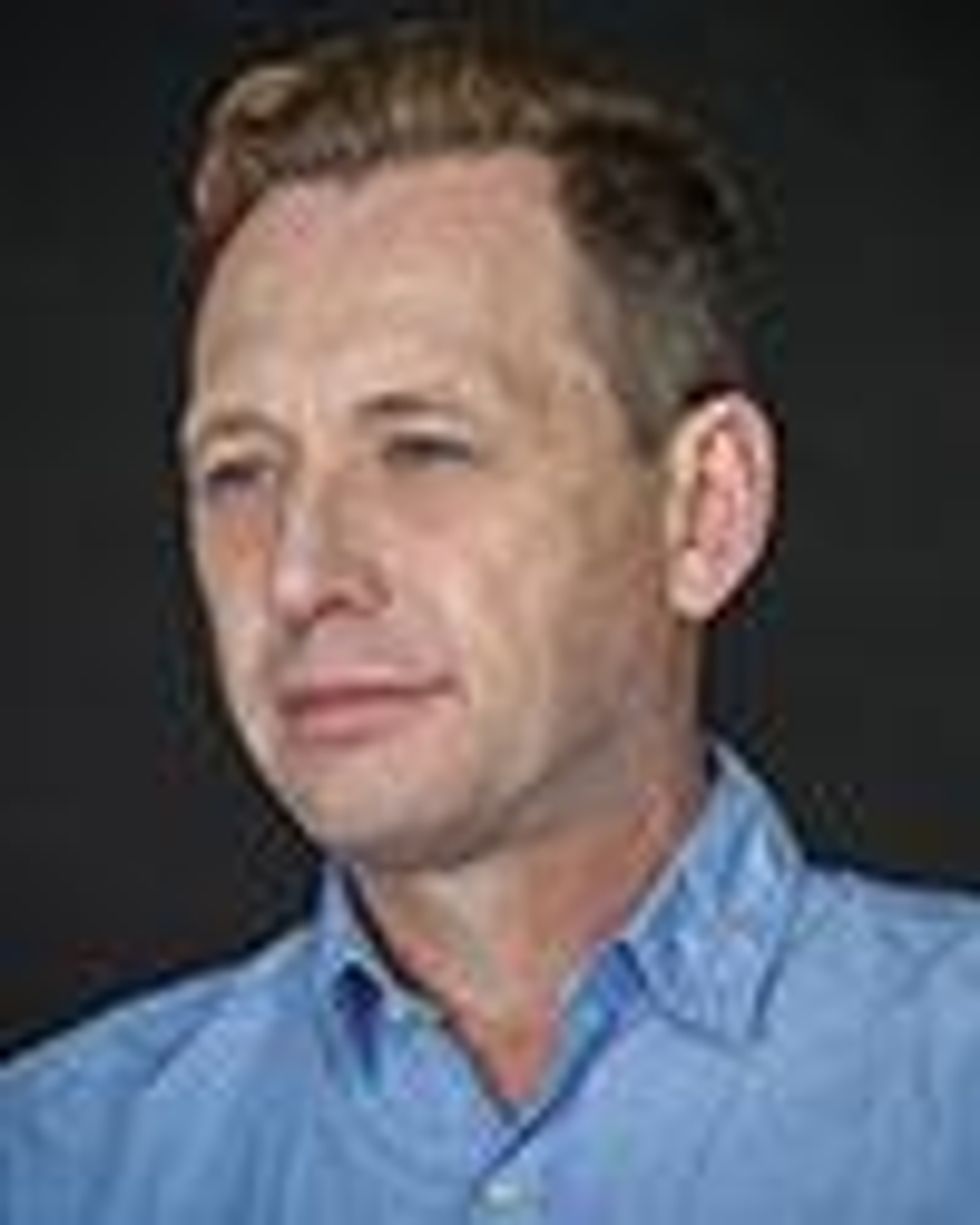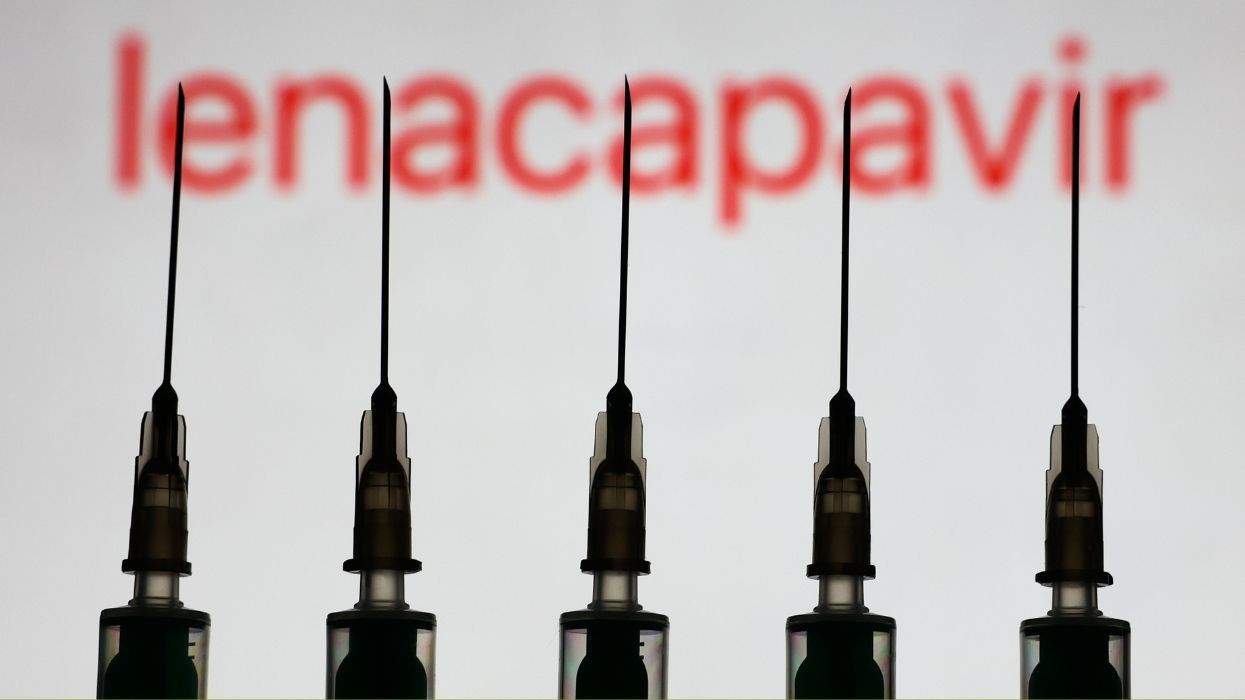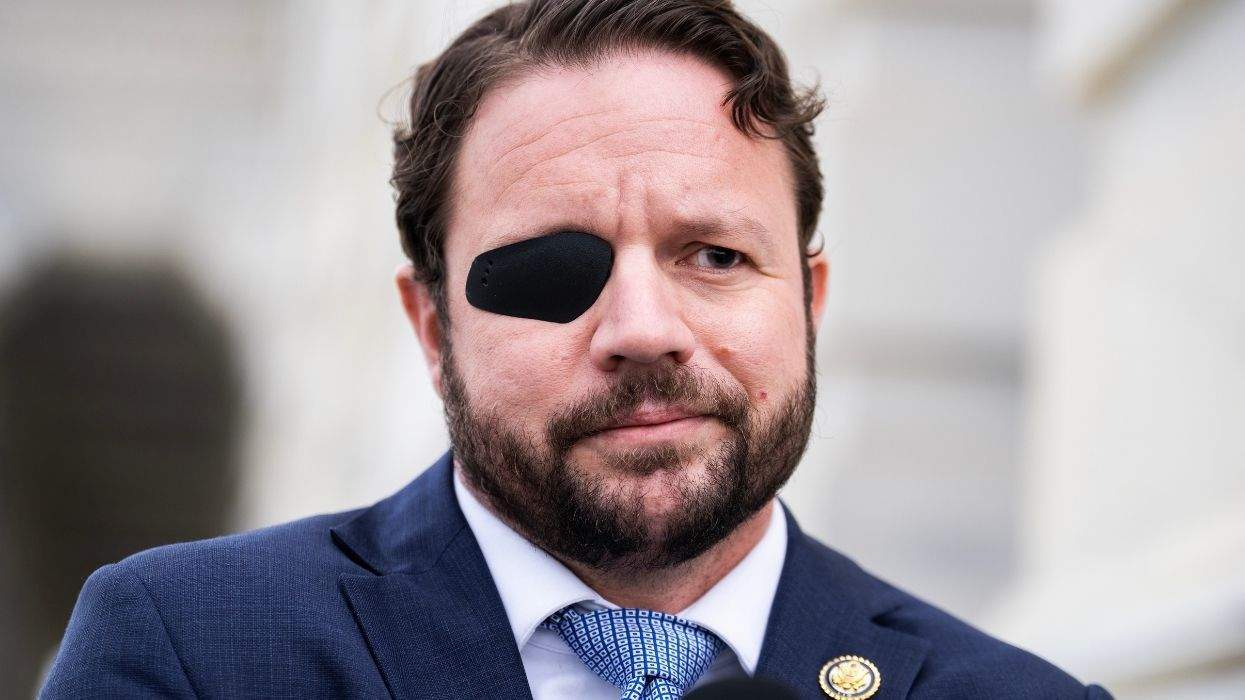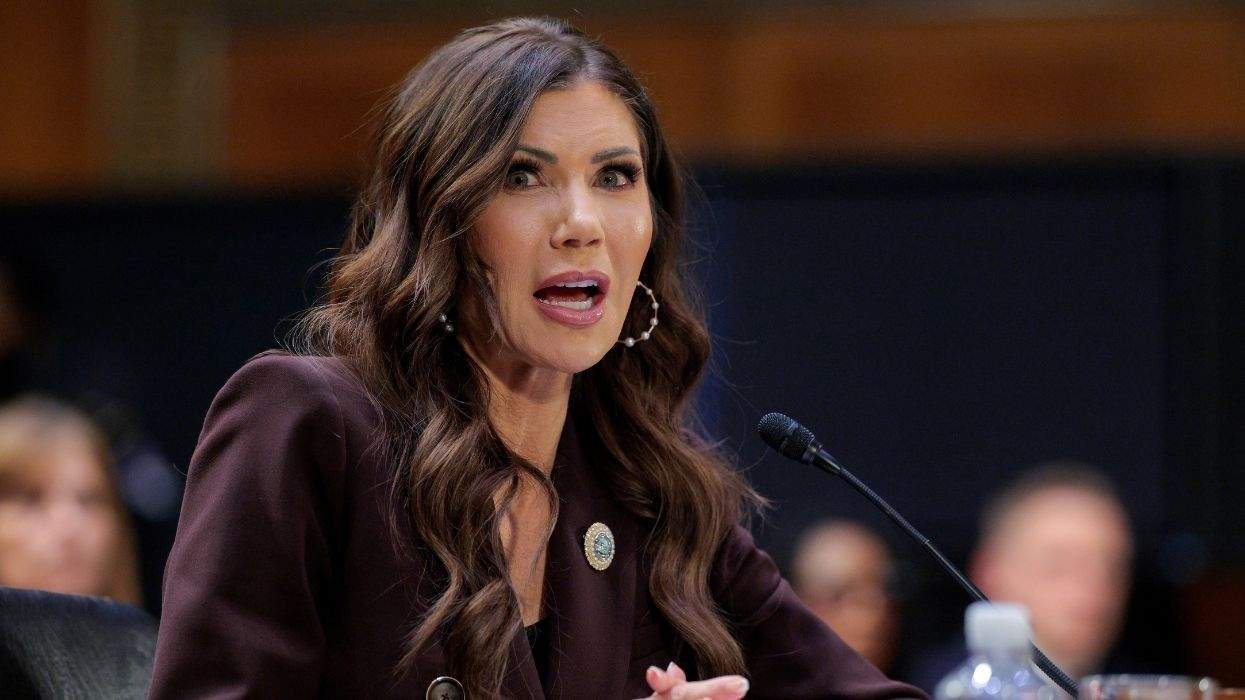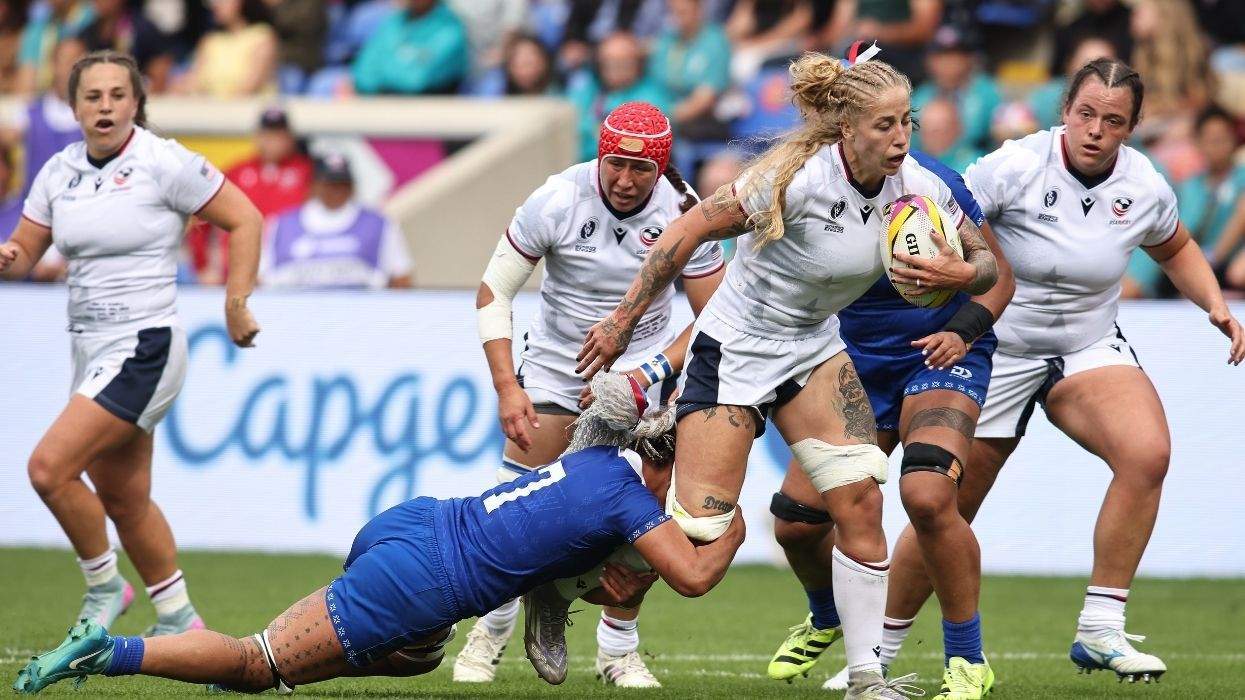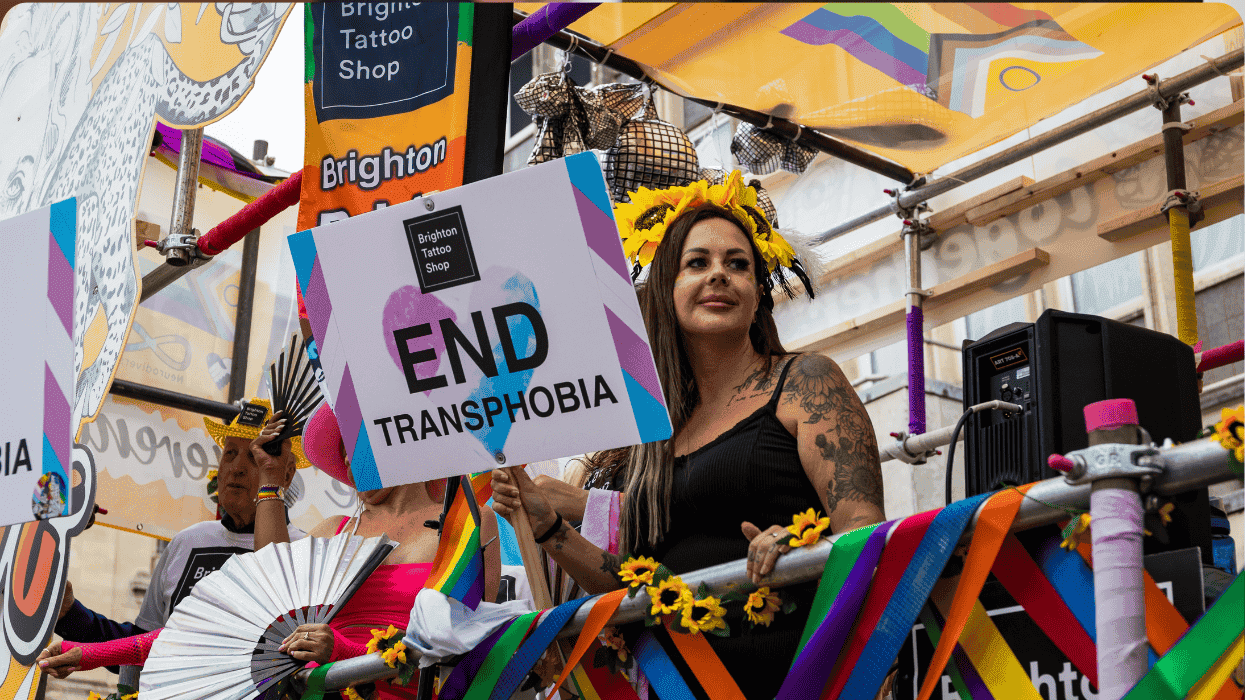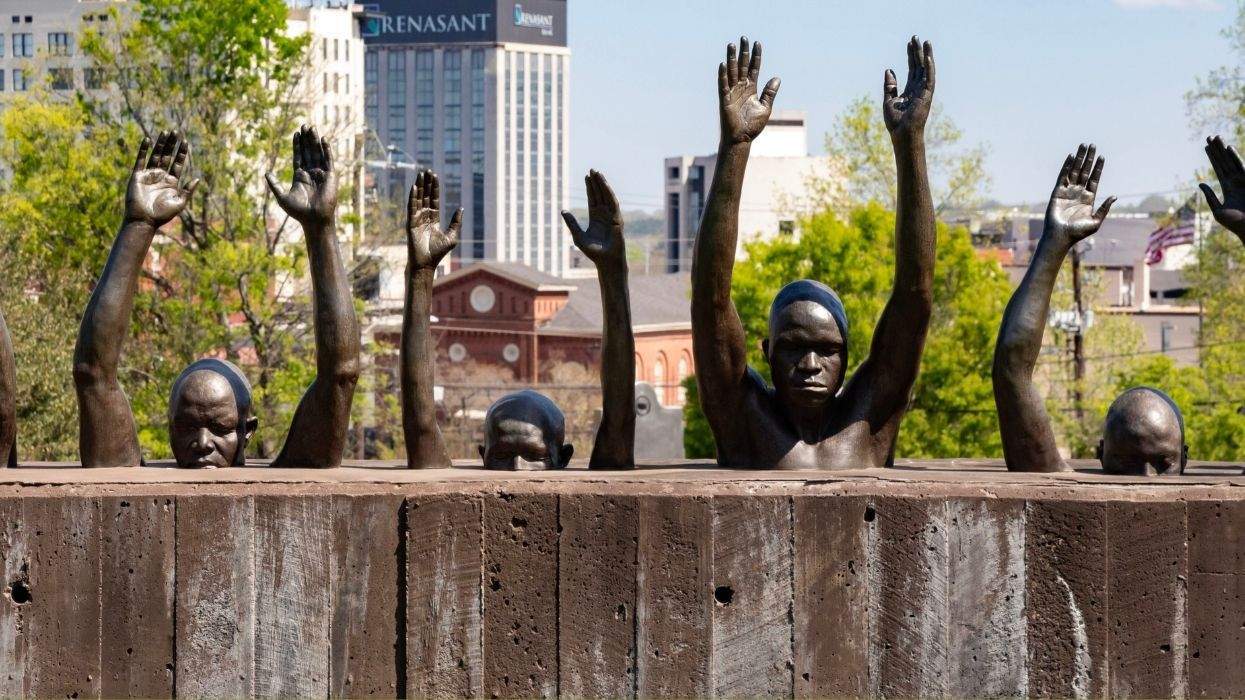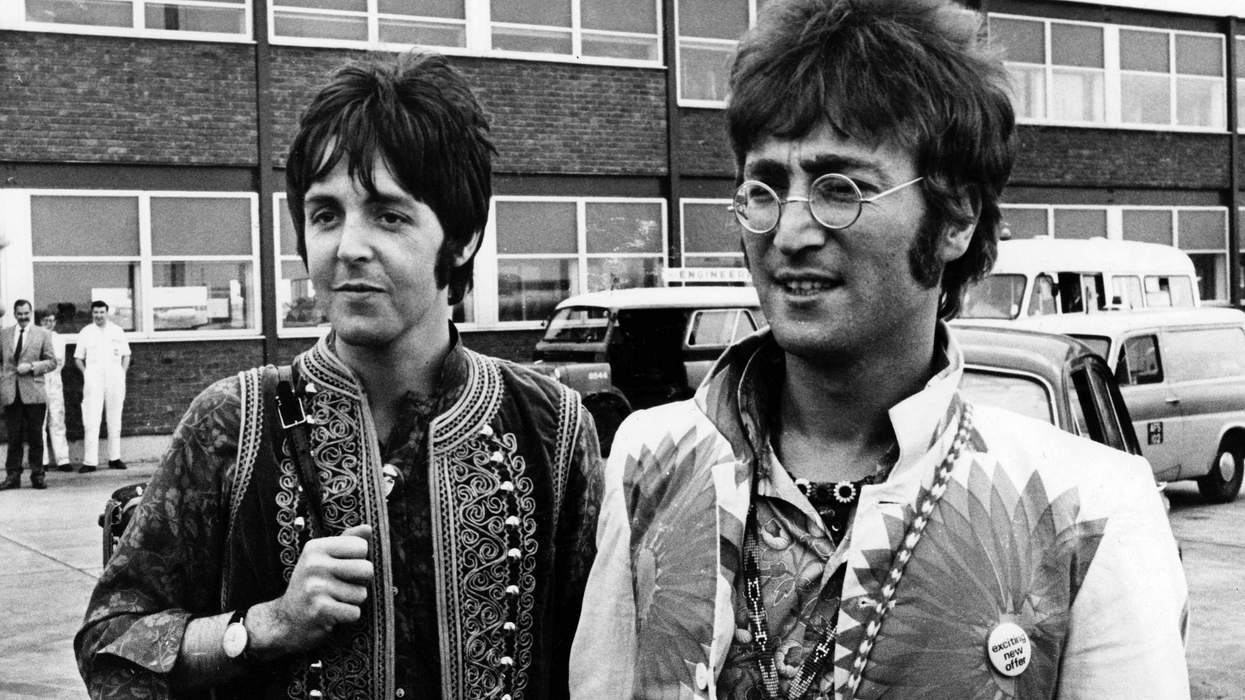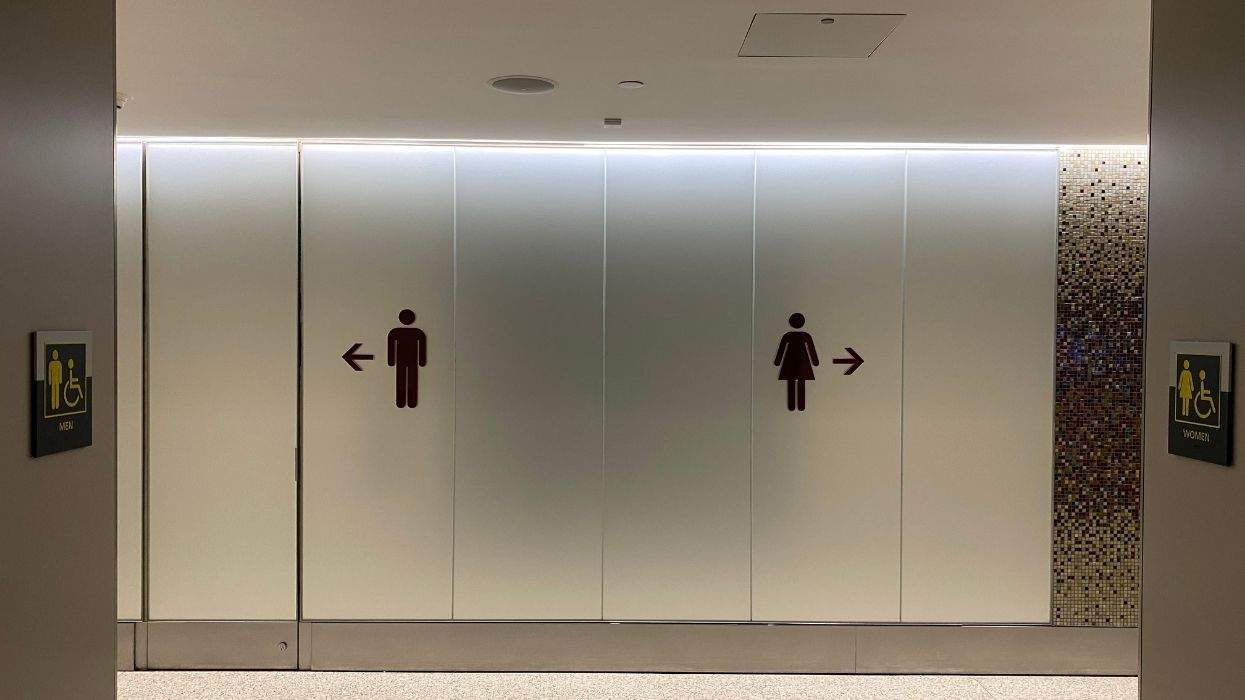Even on the hottest nights we slept with the windows open. The single air conditioner was in the kitchen and was turned on only during supper. That night the curtains hung limp, as there was not even the breath of a breeze--the air rarely moves on August nights in the South. I was six years old and sleeping in the bedroom of my Aunt Sis's house with my first cousin, Ann, whom I worshipped. Since they lived right next door, I stayed with them about as much as I stayed in my own home with my parents.
I don't remember what woke me. Probably the sound of them throwing him over the cliff. I sat straight up in bed, looking around the dark room and tuning my ears to the night. The cicadas were so loud I struggled to hear anything else. They were screaming. All the other little live things were singing their songs or tambourining or crying out, a great cacophony of night.
But then I could make out his voice, calling Ann's name. Very quiet at first. "Annnnnn." Again and again. I was not imagining it, so I nudged her shoulder. About the time she sat up he loudly groaned her name like someone deflating. Then we both knew he was behind the house, which sat right on the edge of a high bluff over the Laurel River.
Ann jumped from the bed and ran outside in her bare feet, calling his name. I followed.
After Ann had roused my parents and my aunt, my father pulled on his work boots and climbed down the steep bank, directed by Michael's moans. He was able to lean against my father just enough to get him out of the wild brambles at the river's edge. I stood on the bank and watched.
Michael--who always gave me high fives and called me "Little Man"--had been badly beaten. The left side of his face was swollen and cut, smeared with blood and bruises. He could barely breathe or walk because they had kicked him so much in the ribs and at least twice, he said, in the head. Briars clung to his tattered clothes. As soon as he saw Ann he burst out crying and my father looked away, ashamed.
Later I would eavesdrop enough to learn this: three boys found him while he was walking home from a friend's house. They grabbed him, laughing and taunting. Then they beat him nearly to death, all three of them kicking at hitting and spitting at the same time. All three of them calling him all the names. Then they tossed him over the cliff, aiming for the river. Michael never reported it to the police because he feared that people knowing would be worse than the beating itself.
My whole family knew that Michael was gay. I had gathered that from more eavesdropping. This was in the early 1980s, and in our little community, being "that way" was only talked about in whispers, in private. Except in our church, where the pastor railed against gay people. He banged his fist on the lectern and said all of the queers should be rounded up and put on an island to die. He grew so enraged by the thought of their existence that he ripped off his dress jacket and let it sail through the air, coming to rest on the ground near the first pew. Great dark sweat patches revealed themselves at his arm pits.
By the time everyone knew about AIDS the pastor had become more emboldened. He especially liked to say the disease was a punishment sent from God. More troubling than anything else was that the people around me--these people whom I knew to be so full of love--egged him on. They shouted amens. They applauded and nodded. I realized if they knew my secret they would stop loving me immediately. Their adulation would turn to disgust.
I first knew I was gay by the time I was in seventh grade because I took such deep notice of my fellow basketball players in their silky yellow and black tank tops and shorts. But everything I knew in the world was telling me this was wrong. All of my friends at school, whose most violently-spat slurs involved being gay and having AIDS. Our revered, red-faced pastor. Televangelist Jimmy Swaggart, who was always crying and shouting about something on television. My parents, who spoke against this abomination more vocally now that I was older and now that Dan Rather was talking about AIDS on the evening news that they both watched religiously after supper.
"What about Michael?" I was bold enough to ask once.
My parents' eyes touched for a second and then my mother turned to me. "Michael's different," she said, quietly. "He doesn't act on it."
Then a quick, louder addition: "But I still don't want you anywhere alone with him. Do you hear me?"
I couldn't rectify the fact that they loved him like family, yet they didn't trust him. I couldn't understand how they could favor rounding people up but also say that Michael should be spared because he was amongst our chosen kin. I knew he was a second-class citizen in their eyes. Inferior. I also understood that I could never, ever tell them that I had more in common with Michael than any of them.
Michael left Eastern Kentucky around the time I was thirteen. Everyone always said he was coming back soon, but he never did. I haven't seen him since, but I've heard he's living down in the Florida Keys now. "Where he can be himself without these damn bigots in his face," Ann said as his car drove away, flipping her long black hair over her shoulder.
Before long I would realize that gay people either left our region or they stayed and were quiet. There was the occasional exception: the openly-gay businessman who was so beloved he became the mayor of a small town nearby. The local florist whose family was so wealthy people were afraid to say anything about his flamboyance. But mostly LGBTQ people either moved off to Louisville or Knoxville or Atlanta or--if they wanted to be like Michael and get even further away--the Florida hinterlands. The other option was to stay and slink into the shadows. That's how it was. That's how people survived.
I survived by writing. By reading. For awhile I thought I could pray the gay away. I got married, had children, denied myself to myself. I was frozen. For years and years. In the process, I hurt many people and numbed myself to whom I was. I put every bit of myself into being a parent and being a writer. I was hiding from myself more than anyone else.
Writing was the way out. When I was creating characters and building worlds, I could forget the real world that I felt wouldn't allow me to be my true self. I could disappear into the white space between words. I could live vicariously through my characters. I could press my anger out with such force onto the page that sometimes my pencil clicked in two. On paper, I could fight back in ways that my bony body didn't always allow. I am not recommending that anyone hide via their art. I am, however, saying that writing saved my life. I'm saying that art--especially creating art--can be a balm.
Things are changing there now, albeit far too slowly. A recent poll showed that about twenty percent of LGBTQ people live in rural places. For the last two years a Pride festival has been held in the same Eastern Kentucky city where Kim Davis became infamous for refusing gay couples marriage licenses in 2015. In my hometown, formally a sundown town where people of color were advised to not be seen after dark and where boys like me and Michael were sometimes beaten for being gay, the most popular restaurant is co-owned by a gay woman who does not hide who she is. Instead, she uses the art of cooking to celebrate diversity of all kinds. Best of all, my parents accept me and my husband fully now, even if my whole family does not.
Yet I know that there are still many kids there who are a lot like I was. Who have witnessed or even experienced violence, who are constantly told they are not worthy of God. Who have been called f****ts and abominations. There are kids listening as their communities sing the praises of politicians and preachers who delight in their rants against LGBTQ people. I hope those children have writing to turn to until they find their way through. I hope they have words to carry them. I like to picture them being swept away to freedom by sentences just as the highway carried Michael to Florida, all of those years ago. I can see him, one hand clenching the steering wheel, the other thrust out the open window, floating up and down on the salty wind.
